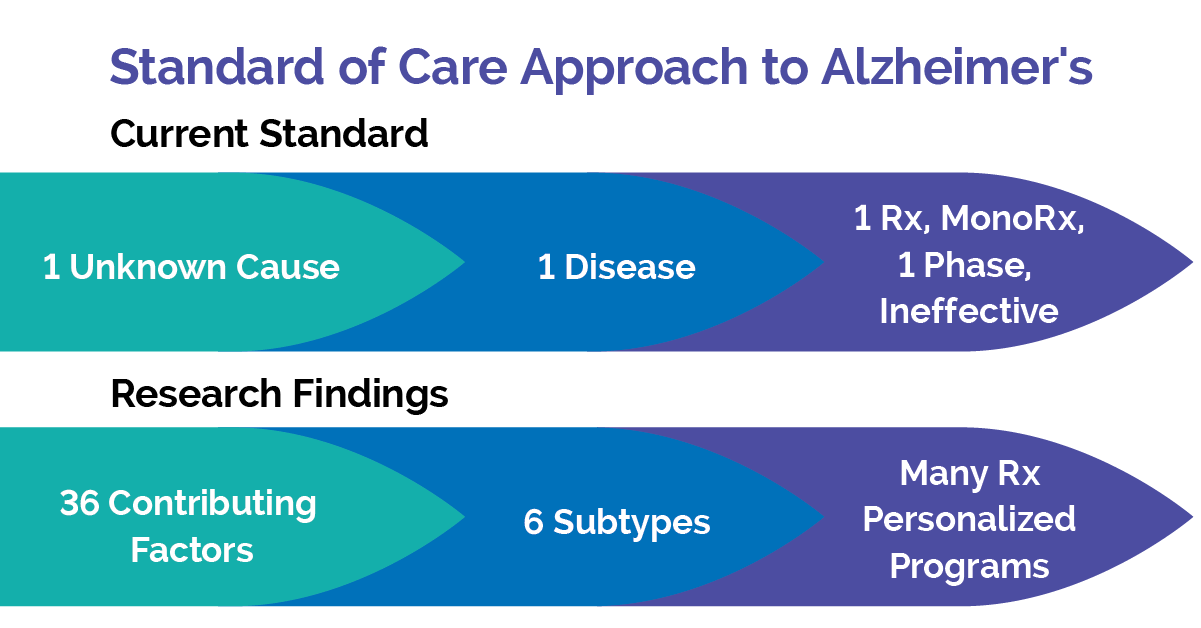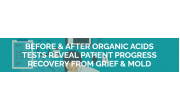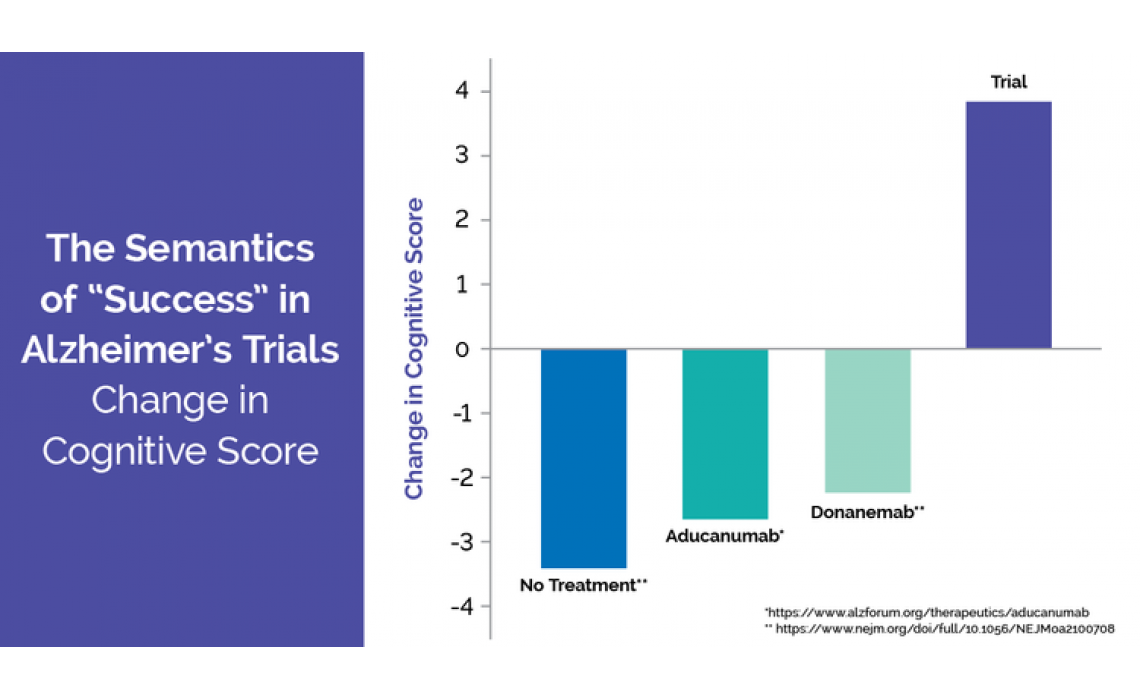MOLD AND ALZHEIMER’S: AN UNACKNOWLEDGED PANDEMIC
Dr. Bredesen dives deep into the cellular processes underlying the development of Alzheimer’s, emphasizing that the disease process begins in the patient decades before it can be observed in behavior or in the standard tests. He also points out that the various drug monotherapies for Alzheimer’s have only marginally slowed the degenerative process and lists 36 contributors to Alzheimer’s development and six subtypes of the disease.
In Mold and Alzheimer’s: An Unacknowledged Pandemic. The lecture includes information from his Journal of Alzheimer's Disease publication Precision Medicine Approach to Alzheimer’s Disease: Successful Pilot Project.

These contributors include pathogens such as MARCoNs, from staph bacteria, and mycotoxins, as well as insulin resistance and high homocysteine. Such wide variability of disease triggers requires personalized treatment plans.
This lecture provides a blow-by-blow description of cellular defense, cellular damage, and the final apoptosis of damaged cells. The role of mycotoxins in damaging cells and their interaction with the immune system and in causing oxidative damage are discussed. The cellular disease progression begins with the amyloid precursor proteins and includes variables such as sufficiency of blood flow, presence of sleep apnea, and hippocampal and gray matter volume.
Dr. Bredesen describes the struggle getting IRB (Institutional Review Board) approval for studies targeting more than one variable in the development of Alzheimer’s. The first study was focused on identifying the contributors to development of Alzheimer’s in various patients.
When Dr. Bredesen first introduced the studies in 2012, he included brief case reports, including Patient Zero, who made a substantial recovery over a decade. Evaluation of improvement includes CNS-VS (vital signs), the MoCA (Montreal Cognitive Assessment), AQ-20/21 cognitive questionnaires for patient partners, and MRIs.

ALZHEIMER’S TREATMENT AND PROOF OF CONCEPT
The recently completed Precision Medicine Trial (proof-of-concept on multi-pronged treatments) showed substantial reduction in cognitive decline in most patients, as well as improvements in brain volume measurements. The research group has now moved on to conducting a larger trial.
Treatment protocols include maximizing energetics (ketones, glucose), increasing insulin sensitivity, providing nutrient/hormonal (trophic) support, lowering inflammation, reducing pathogens and toxins, and, finally, reducing amyloid-beta itself. Energetics (supporting mitochondrial function with adequate fuels) and reduction of inflammatory mediators are as critical as reducing toxins for reversal of decline related to Alzheimer’s.



